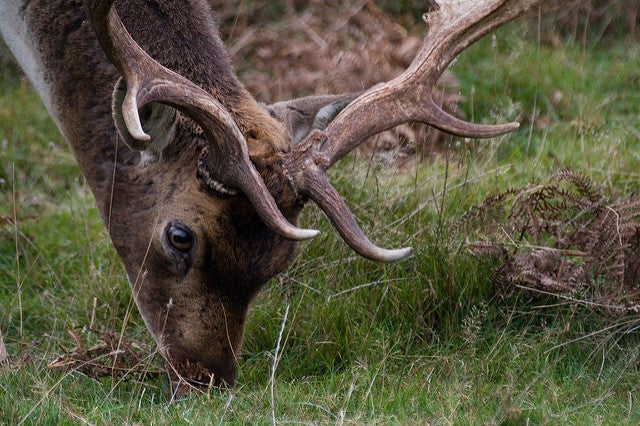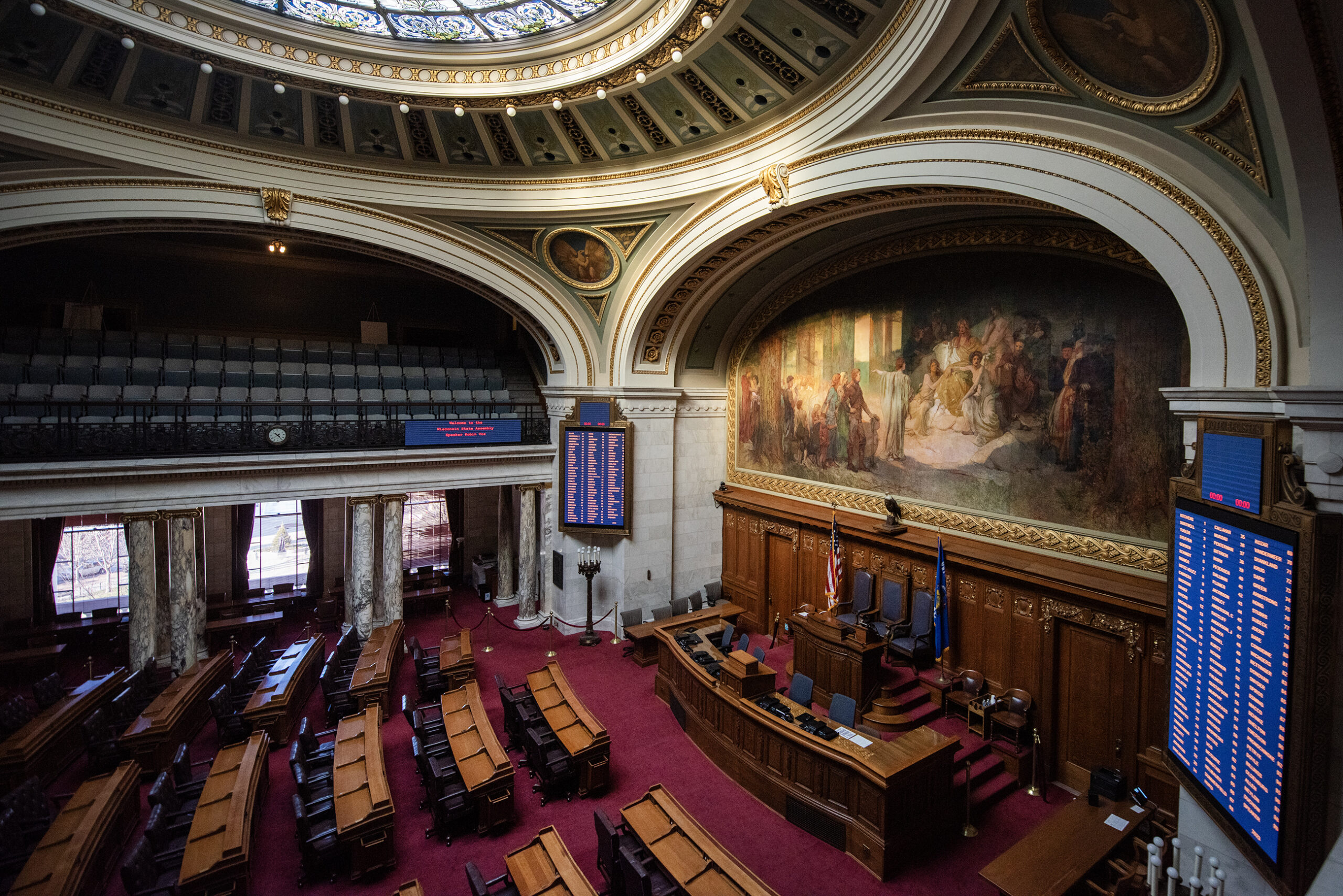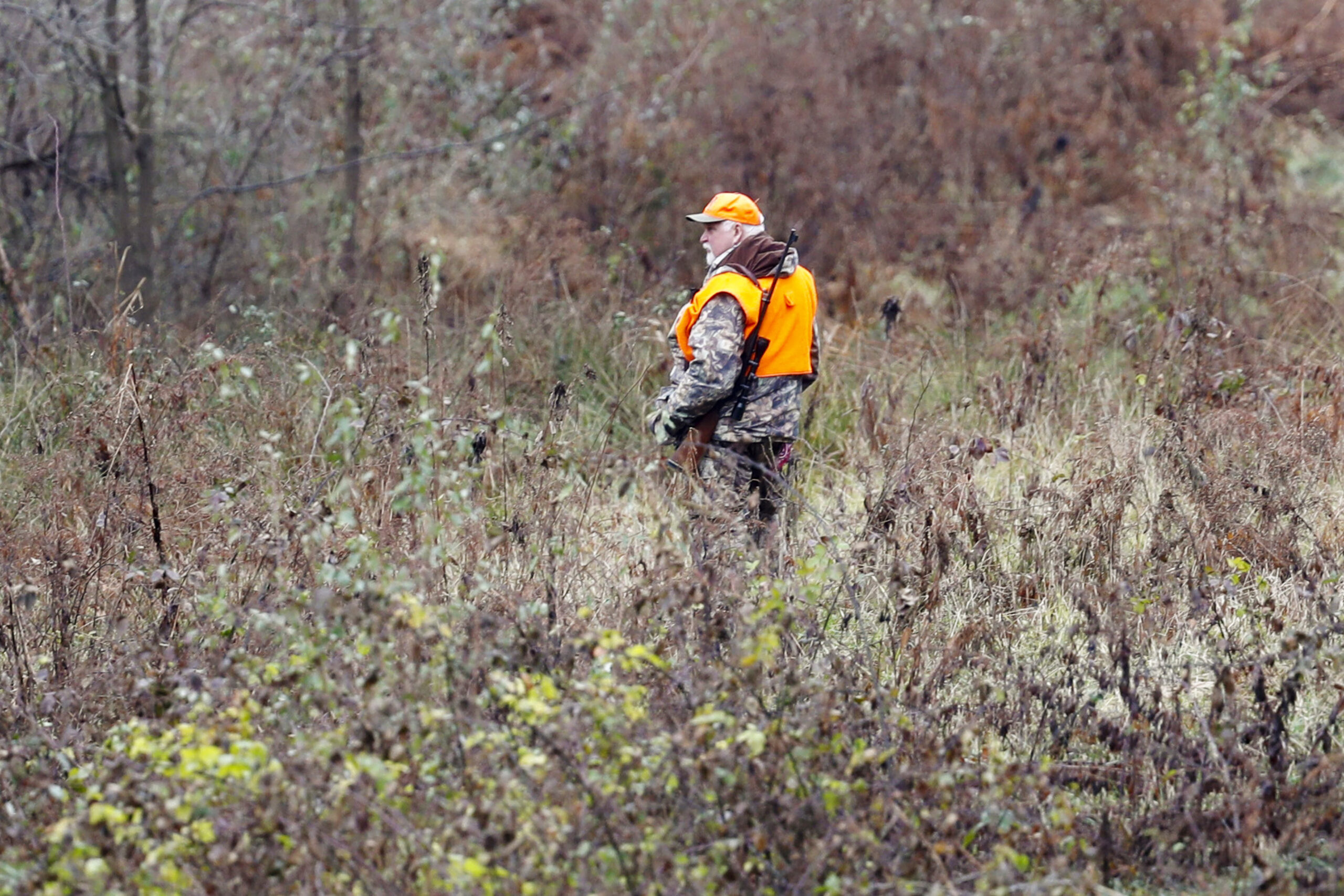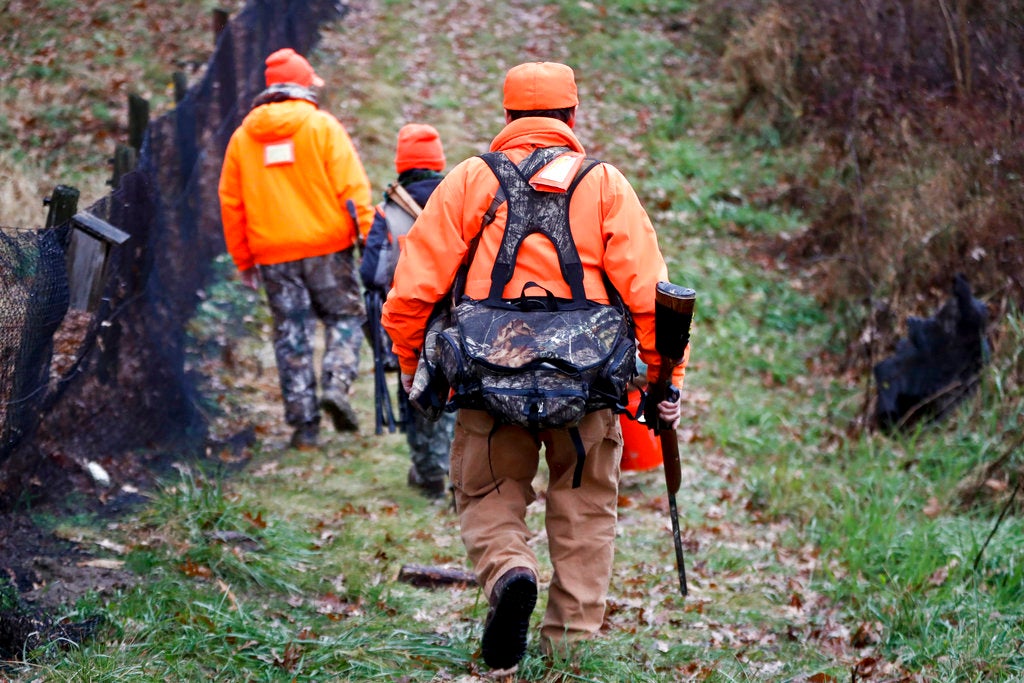Featured in this Show
-
Community Thanksgiving Dinners
Thanksgiving is seen as a time spent with family and friends, but organizers of community Thanksgiving dinners say the events are designed to introduce neighbors and build community.
“You may live in different areas of town but coming together as a community is always a wonderful thing,” said Jean Lunde, who founded the Onalaska & Holmen Community Thanksgiving Dinner in 2011. “You may be sitting across the table from someone who knows your next door neighbor, but you don’t even realize it until you actually open up the conversation.”
The La Crosse Community Thanksgiving Dinner is in its 38th year and this year will serve 10 times the meals Thursday than it served in 1982, its first year. The event has been in La Crosse’s civic center for years.
“We really want the dinner to be a place where people can come talk to their neighbors. We feel you don’t really know anyone else’s life until you’re walking in their shoes,” said Nick Marcou, a La Crosse Community Thanksgiving Dinner board member. “We want walls to come down and people to get a chance to do something kind for somebody else or smile at somebody. If you see somebody else struggling, help. That’s what this community’s always been, and that’s what this dinner has always been to us.”
The Sparta Community Thanksgiving Dinner also started in 1982 after a fire at a church. It was designed as a thank you for the community for responding to the tragedy. Since then, it had to move to larger facilities twice. Les Stanley is in his second year as the organizer of the event held Thursday afternoon..
“I was surprised my first year at the amount of noise in that dining hall which is a very joyous sound to me,” Stanley said. “When people are relaxed and having a good time, they tend to talk, that was very refreshing to me.”
All three community Thanksgiving dinners rely on donations and volunteers.
La Crosse’s dinner almost didn’t happen in 2015, but a last-minute call for volunteers and donations gave the dinner life.
The events also serve many more meals than they did during that first dinner and offer options like transportation to the event, delivery and carryout. Half of the 3,000 meals served at the La Crosse dinner won’t be eaten at civic center.
“There’s no judgment there,” Marcou said. “If it’s something easier that you’re able to do, and we can provide one less thing off your to-do list to bring this food home so you can enjoy this holiday with family and friends at home, we’re happy to have been a part of that. That little piece of kindness that we can offer goes a long way regardless of whether people can join us or not. It’s that sense of community and that sense of sharing a meal that we want to be a part of.”
For Lunde, a story from the first dinner they held in Onalaska sticks with her.
“We had a lady that after she got her delivery there was a little card that she had sent back with the delivery person,” Lunde said. “We opened up the card and there’s this little crucifix inside with two crumpled up dollar bills. It’s a freewill offering. Those were probably the only $2 she could afford that day. She wrote a little note in there, ‘Thank you for having this, I don’t know what I would have done today,’” she said.
-
2019 Deer Hunt
Despite the efforts of the deer hunters in the Eau Claire area to make chronic wasting disease testing mandatory for deer harvested in this fall’s hunt, testing will remain voluntary for one more year.
The Chippewa Valley Chronic Wasting Disease Advisory Team suggested mandatory testing for this deer hunt in five townships in the counties of Eau Claire, Buffalo, Pepin and Dunn but was overruled by Wisconsin Natural Resources Board.
“Originally, the CWD advisory team did make a recommendation for mandatory testing and that was approved by the department (Natural Resources) but after we received some additional input from the Natural Resources Board the mandatory requirement was taken away,” said Mark Rassmussen, a DNR wildlife biologist in Buffalo and Trempealeau Counties. “It is a voluntary sampling effort in that area, but we still are looking for hunters to submit as many CWD samples of adult deer harvested in that five Township area.”
Rassmussen said the DNR is hoping to collect CWD samples from at least 300 adult deer during the 2019 gun deer hunting season in the five townships near where a deer first tested positive for CWD two years ago. Since then, four other deer have tested positive in that area.
“We don’t even know for sure if were working with the epicenter. We needed better results. We voted unanimously for this mandatory testing and it all got thrown by the wayside. Our committee is very disgusted with the Natural Resources Board,” said Mark Noll of Alma, the chair of Buffalo County’s Deer Advisory Council.
“It’s apparent that there are people working against our efforts. We are trying to do what’s best for the resource. You can’t go wrong there. There are so many moneyed interests that are working against us on the side. They’re in the shadows but they’ve got themselves in positions where they’re pulling a lot of power, not necessarily for the long-term good of our sport.” Noll said.
Episode Credits
- Hope Kirwan Host
- John Davis Producer
- Dean Kallenbach Interviewer
- Jean Lunde Guest
- Les Stanley Guest
- Nick Marcou Guest
- Erin Waldhart Guest
- Dave Zielke Guest
- Mark Rassmussen Guest
- Mark Noll Guest
Wisconsin Public Radio, © Copyright 2024, Board of Regents of the University of Wisconsin System and Wisconsin Educational Communications Board.




